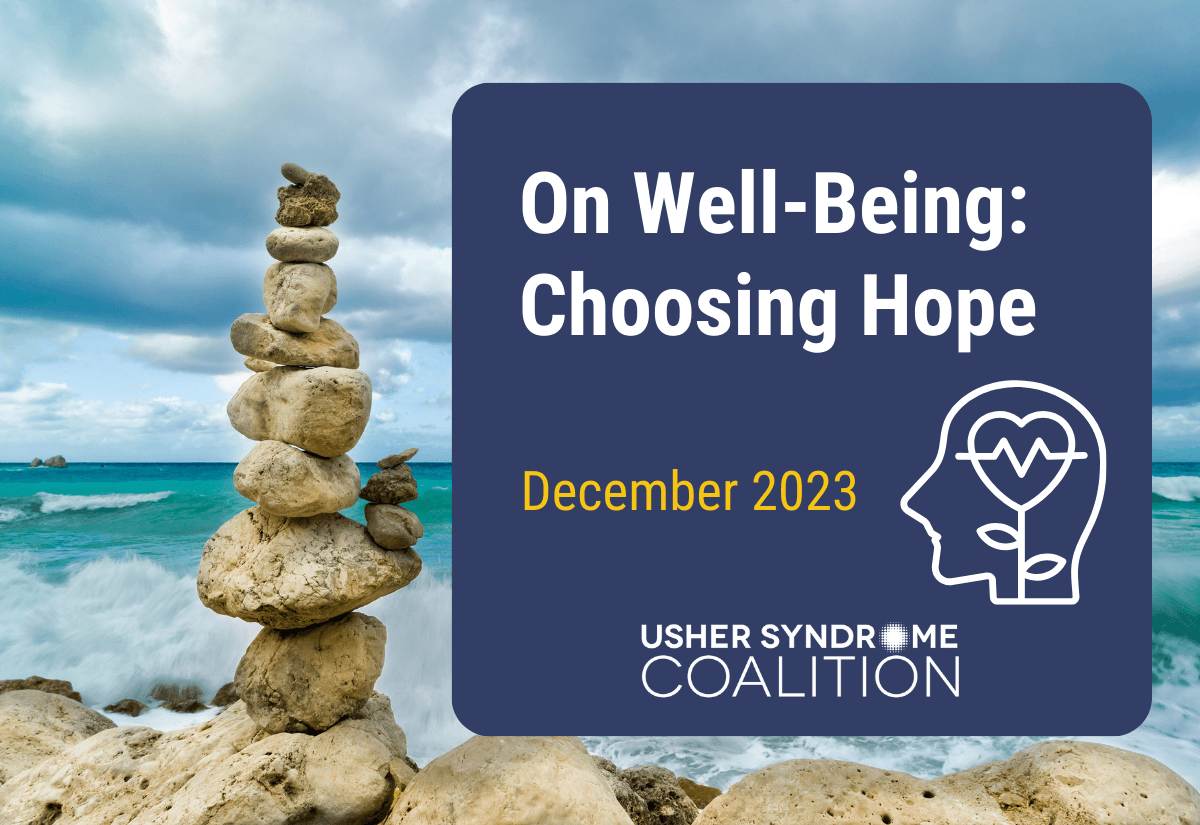
Navigating the holiday season can be challenging. It’s important to recognize that maintaining a hopeful outlook during times of stress or uncertainty can be a conscious choice! The benefits of a hopeful mindset have been demonstrated to improve one’s well-being in a number of research studies.1 The power of hope lies in its ability to shape your mindset and serve as a source of resilience.
Snyder’s Hope Theory2 argues that hopeful thinking consists of:
- Goals
- Pathways
- Agency
Snyder believed that hope is the state of mind that helps you navigate life's twists and turns and keeps you moving forward toward established goals when times are tough.
Hope should not be confused with optimism.3 Optimism refers to a generalized expectation that you will experience good outcomes in the future. Hope, on the other hand, is a more active way of living, emphasizing the importance of the pathways or avenues alongside agency, the belief in yourself, and your ability to make things happen to reach your goals.
Hope Theory:
- Goals: What makes a good goal? The acronym SMART can help you build your sense of agency by accomplishing goals that are attainable yet offer a slight challenge. Set goals that are specific, measurable, attainable (realistic), relevant, and time-bound.
- Pathways: Look at a goal you'd like to work on first. What would it take to turn this vision into reality? Make a list of the steps you need to take to make it happen. (MindTools)
- Agency: It can be challenging to feel continuously motivated to work on your goals. This is where developing good habits and routines come into play. Practicing gratitude, connecting with people and engaging in activities you enjoy are a few ways you can bolster your sense of agency.
Maintaining a hopeful mindset is an ongoing practice involving a conscious effort to nurture positive thoughts and behaviors. Be patient with and kind to yourself. Recognize that cultivating a hopeful mindset is a journey that evolves, grows, and changes over time.
References:
- Elijah R. Murphy. Hope and well-being. Current Opinion in Psychology. Volume 50. 2023. https://doi.org/10.1016/j.copsyc.2023.101558
- Snyder, C.R., Rand, K.L. and Sigmon, D.R. Hope theory: A member of the positive psychology family. The Handbook of Positive Psychology (pp. 257-276). 2002. https://teachingpsychology.files.wordpress.com/2012/02/hope-theory.pdf
- Anthony D. Ong, Zhiheng Liu, Dakota W. Cintron. Five challenges for hope and resilience research. Current Opinion in Psychology. Volume 49. 2023, https://doi.org/10.1016/j.copsyc.2022.101538
- Anthony D. Ong, Lisa M. Edwards, C.S. Bergeman, Hope as a source of resilience in later adulthood. Personality and Individual Differences. Volume 41, Issue 7. 2006. Pages 1263-1273. https://doi.org/10.1016/j.paid.2006.03.028.
- Snyder’s Hope Theory. Mind Tools Content Team. https://www.mindtools.com/aov3izj/snyders-hope-theory







